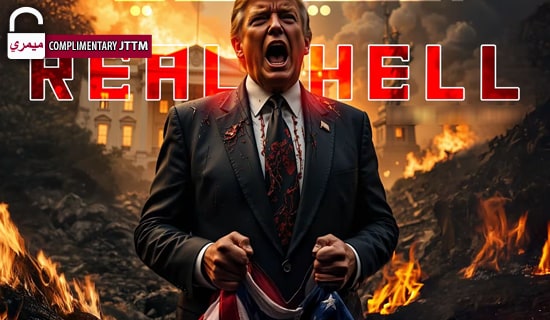Introduction
Iraqis awoke Friday morning, February 12, the first day of the official election campaign, to a massive display of colorful election posters in specially designated public areas, on the street, and practically on any wall available. The posters displayed pictures of candidates, slogans, and, most important, a number assigned randomly by the Election Commission to political parties, groups, coalitions and even individuals seeking seats in the next parliament, to be used for balloting purposes.
Altogether, there are more than 6,000 candidates competing for the 325 parliamentary seats, increased from 275 seats in the previous general election of 2005.
The polling is scheduled for March 7. About 19 million Iraqis are eligible voters, in addition to 1.4 million voters in 16 Arab and foreign countries. The campaign will last for about three weeks and is likely to be lively and, regrettably, on occasion even violent.
The Mechanics of Voting


The two posters above serve both as an example of political posters on the streets of Iraq and illustrate graphically the nature of the election process in Iraq. The poster on the left identifies the political party under whose banner the candidate is running. In this case, it is "The Coalition of the State of Law," Prime Minister Nouri Al-Maliki's coalition, with the designated polling number 337. The poster identifies the candidate, Mohammad Ali Sharif, who is ranked No. 12 on the coalition list of candidates for the Province of Missan, in the southeast of Baghdad with a Shi'a majority.
Similarly, the poster on the right identifies candidate Ali Hashem Mukhar Uglo, who is running under the Iraqiya coalition which is headed by former prime minister Ayad Allawi. The candidate is ranked sixth on the list of candidates for the Province of Salah al-Din, north of Baghdad with a Sunni majority.
Each of these two candidates, like thousands others, must campaign individually in their respective provinces to get as many votes as possible. The voter may cast a vote for the list of candidates as is, or may chose to rank the candidates in a different order. The candidates will be campaigning for the dual purpose of getting a vote for the list on which they are listed as candidates, and to upgrade their ranking by voters, and hence improve their prospects to gain a seat in the next parliament. This is what lies behind the concept of the "open list." In the 2005 election, the voting was base on a "closed list," meaning that the voter could vote only for the list of candidates in its entirety.
We spoke to a candidate who is ranked No. 4 in the list of candidates presented by the National Iraqi Coalition for one of the provinces. He expects the list to gain three seats. Thus he is campaigning American style, by pressing the (male) flesh to get a higher ranking by the voters so that he can secure a seat in the next parliament.
The Use of the Term "Coalition"
It should be noted that the large political groups prefer the use of the term "coalition" because a coalition is, in effect, an amalgam of groups or individuals put together by the leader of the coalition not so much for the sake of ideological cohesion but simply to maximize the chances of the coalition in the election or to reward friends and supporters. Sometimes the term coalition is meant to conceal either the main political party behind it or the simple fact that there is no political party in the first place.
In the case of Al-Maliki, his coalition, the State of Law, rests primarily on his Al-Da'wa Party with its strong Islamic orientation, but he claims to be running as a secular leader; hence, the Al-Da'wa party has "disappeared." Allawi's coalition, Iraqiya, is meant simply to conceal the fact that he does not have a political party of any sort.
For the sake of balance, one should also mention one of the largest coalitions in the election, the National Iraqi Coalition, which comprises primarily the Shi'ite parties under the leadership of Amar Al-Hakim.
Conclusion
The system, despite so much criticism, is quite competitive, even by Western standards. With the exception of party leaders who are ranked high on the lists of candidates, the vast majority of other candidates must campaign hard to be noticed and get elected.
* Dr. Nimrod Raphaeli is a senior analyst at MEMRI.


.jpg)

